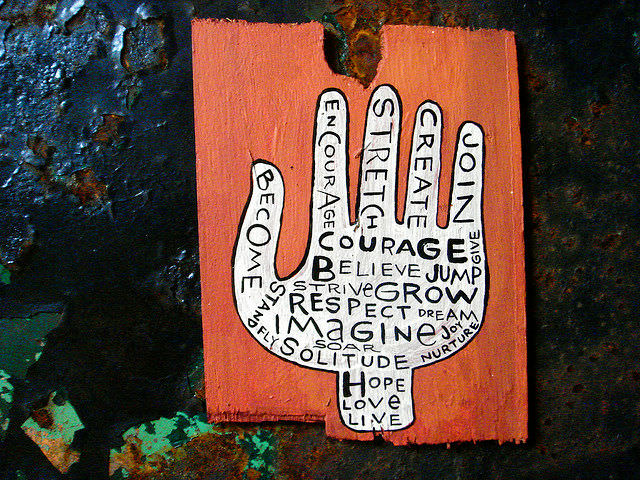I sometimes think of standing in my childrens’ shoes as they head off for university. What would excite me enough to devote years of study to? It would definitely be neuroscience.
I am fascinated by the workings of the mind and the brain and how they affect so much of our experience of life. More often than not the books stacking up in my reading pile are about the wild reaches in the mind-body connection.
New Machines, New Knowledge
A decade ago the prevailing belief was that our brain was fixed as we left childhood, or perhaps adolescence. Any later experiences left little trace in our brain, beyond minor alterations in neural connections or cell death. But the new thinking is that the brain continually changes as a result of our experiences—whether through fresh connections between neurons or through the generation of utterly new neurons.
Much of the meaty research about the brain from the last ten years is courtesy of the functional MRI (fMRI). It’s an imaging technology based on the MRI that moves beyond creating images of organs and tissues. The fMRI is able to detect blood flow in the brain, so scientists can start to map which parts of the brain handle particular functions.
Mindfulness Makes a Difference
One of my go-to people for research in mind-body research is Rick Hanson. He’s a neuropsychologist and author of a number of books about mindfulness and the brain. He does one of my favorite things – take complex information, pull out the important stuff, and put it into bite-sized actions that are simple to do and make a real difference.
His book, Just One Thing, is full of simple practices that support and increase a sense of security and worth, resilience, effectiveness, well-being, insight and inner peace. That’s quite a list!
Savouring Pleasure
One of the practices he recommends is savoring pleasure when it appears in the day. Life is so busy that we’re constantly in motion or our minds are rushing ahead to the next thing.
While we often seek out pleasure, we don’t always take in the pleasure in a lot of what we do. He suggests taking an extra 20 seconds to really enjoy those first few sips of coffee in the morning, the way an orange smells when you peel it, or the feel of newly washed sheets on your skin.
When we really stop and experience pleasure – do a full body enjoyment of it – we become more fully present to life, more grounded in our bodies and more alive and aware. You can feel it in your body like a warm glow spreading, or like a ripple on a lake, reaching all the tender places.
Even understanding that your neurons are firing and wiring together when you hold this good experience in awareness is enough to reap the benefits.
How it Works on Your Brain
Savoring the good stuff that’s already around activates your body’s relax and repair system, the parasympathetic nervous system. This is your steady-state system that signals to your brain that the alarms are off and that it’s time to rejuvenate. That’s when your body goes back to building your immune system, digesting your nutrients and rebuilding your bones and tissue. Oh, and sets you off looking for a little loving, too.
Experiencing pleasure also makes us secrete endorphins – source of good moods, pain relief and improved immunity. We’ve heard a lot about them through the runner’s high. But they are also released at low levels in mundane daily activities such as playing with a pet, watching a funny movie, listening to our favorite music and generally connecting with things we love.
Here’s what I’ve been finding pleasure in this week
- the burst of colours in nature – the deep red of the Japanese maple, the dandelions, the lime green of the new leaves
- the change from the cool spring wind to the promise of summer
- hatching new creative ideas
- a small bike thrown to the side of a driveway by a small bundle of energy with many new adventures to get to
I’ve been enjoying taking the mundane to a higher level. What have you been savouring lately?
Alfriston Clergy House – Gareth Willams






